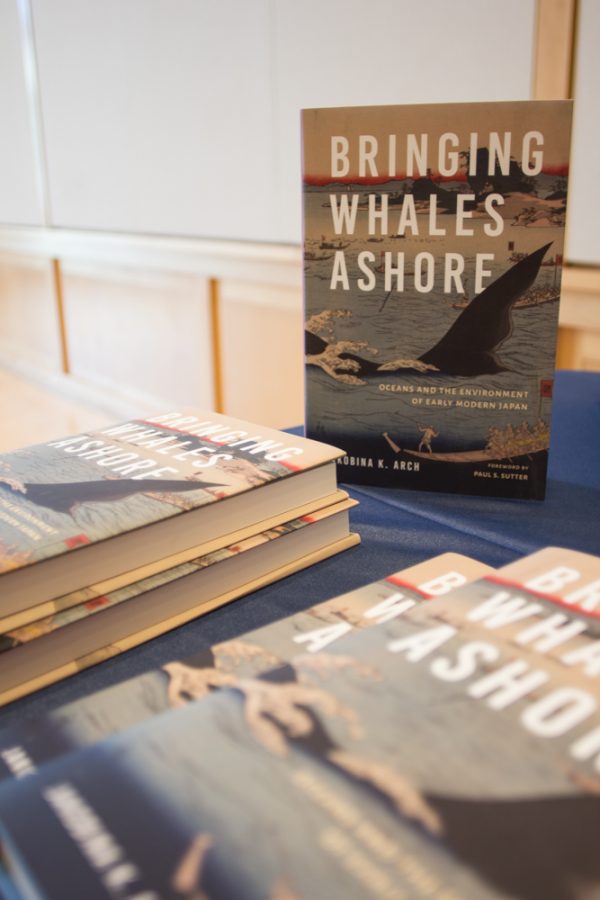As I sat recently with my host papa sipping afternoon chai in the fading sun, an interesting line of conversation developed.
“Papaji,” I asked, “How did you and Mamaji meet?”
I already half knew the answer, but I asked anyway. I knew very few things about Indian culture upon my arrival here two months ago, but the prevalence of arranged marriages was one of them. I suppose what surprised me was my papa’s openness in answering my question.
He told me without hesitation that he and mamaji hadn’t met when he was informed that they would be married, and that he didn’t even know her name. He was in college and she finished school after high school. They both belong to the Rajput sub-caste of the Hindu caste system, a fact that my Papaji never seems to skip a chance to proudly mention.
At the time, I found his miniature sermon that followed on the illusion of young love to be a little tiresome.
This teatime conversation got me thinking about my quick judgments. Papaji, after all, seemed pretty pleased with the situation and the system as a whole. As he pointed out, an Indian marriage is more like a business partnership. Love may work its way in, but it’s certainly not necessary for success. I’d never thought about it that way.
Without giving it much thought, my American-raised, freedom-loving attitudes pre-conditioned me to think of an arranged marriage as an oppressive encroachment on personal choice, and therefore happiness. How can you be happy with someone you don’t love? But after some time, I see where he’s coming from. Love can be fleeting. Compromise and compatibility are things to build a partnership around.
There are of course aspects of the arranged marriage culture that still fail to win me over. For example, my Papaji cited dowry miscommunications as the single biggest destroyer of marriages. New wives are sometimes burned or rejected if their new families find their dowry to be unsatisfactory. Yikes. And the overwhelming trend of domestic responsibilities falling on the wife is something that I’ll always think of as an inequality.
I guess what I’m trying to get at is that the attitude of practicality with which Papaji, and perhaps other Indians, approach marriage is a big contradiction to the way I’ve thought of the institution in the US. I’m glad such contradictions exist- in a way, it’s comforting to know that the way I thought was right is really at all. It’s just another way of doing things.
Now for some unrelated eye candy:











Rich • Apr 7, 2012 at 8:45 am
One could justifiably blister the air with stronger words not suitable for civil blogs, of course; but, Webster tells us that “Yikes” is a term to express fear or astonishment. Seems appropriate to me….
Yikes • Apr 3, 2012 at 8:07 pm
“New wives are sometimes burned or rejected if their new families find their dowry to be unsatisfactory. Yikes.”
Yikes? Your word choice leaves something to be desired here; I would think a stronger term might better suit the subject matter, but that’s just me.